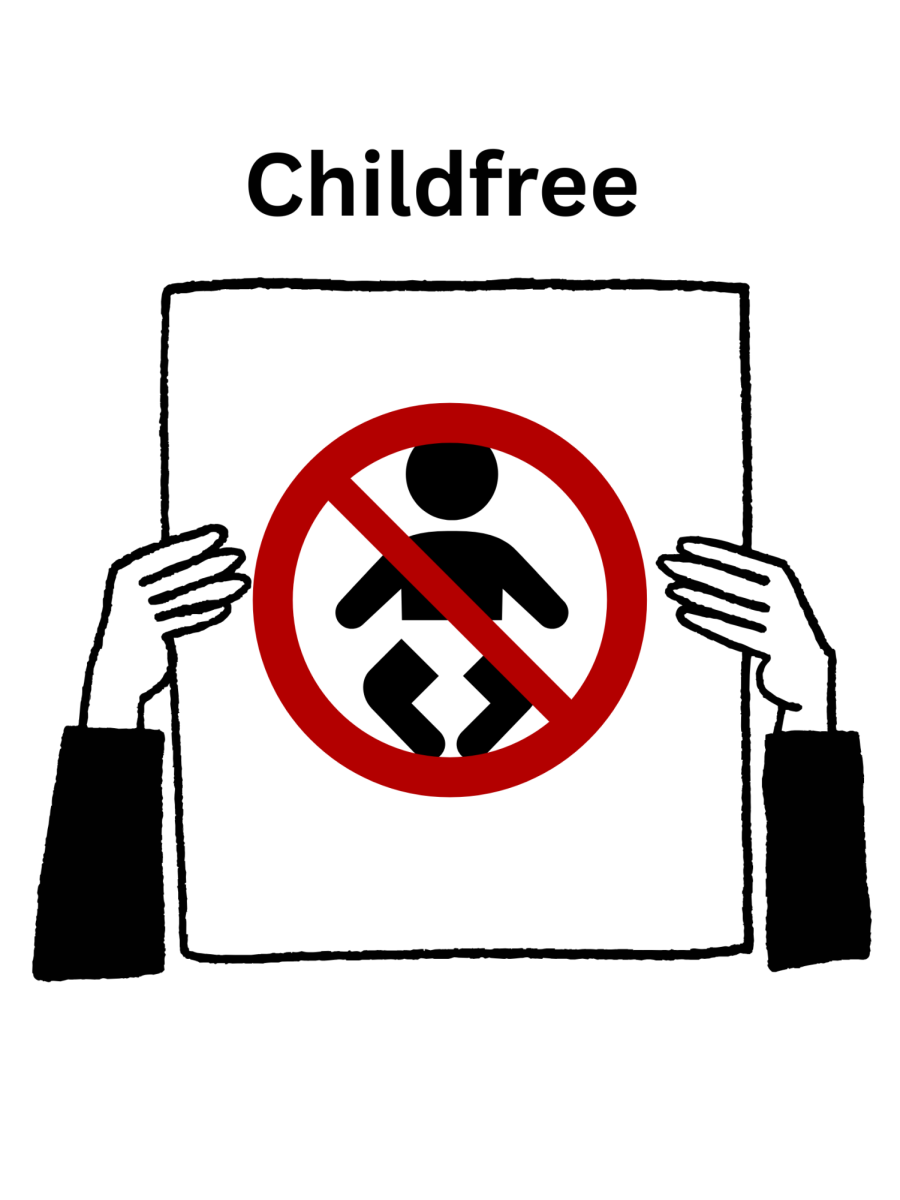By Tanner Harris
Reporter
Textbooks are a necessity for college students; they’re the centerpiece of the curriculum and where much of the information for a given class is found and extracted for papers and assignments.
However, these texts have always been expensive and have always troubled students.
“It’s frankly absurd that [publishers] can charge upwards of hundreds of dollars for a book,” said Sean Kelley freshman biochemistry major, who spent nearly $400 on textbooks this semester. “The goal [of university] is an education, not profit.”
And he’s certainly not the only one. Simmren Mudhar, freshman business major, also finds the pricing of certain books to be unfair.
“I can see how [textbook prices] would rise over time, things do gradually increase. [But] $135 as a college student I feel is overpriced, and you have to buy the latest version,” said Mudhar.
Though it may be a burden on students’ wallets, there are several reasons why textbooks are so expensive. According to Libby Nelson, a political news editor of Vox.com, there are three reasons why textbook prices are so high.
The first is that when professors choose a text for a class, consider the quality of said text and not the price. Most professors still want to give their students a high-quality education, so the compromise of an expensive text is often made.
The second is that textbooks are expensive to make. Around seventy-eight cents of every dollar goes back to the publisher. Additionally, the cycle for a new edition has been moved up from five years between each edition to three, in order to recoup production costs. Which can be as high as $750,000 in total. In an industry where quality is essential to sale, a high list price is a given.
And lastly, the third reason is that students are finding ways to avoid paying such exorbitant prices. Using rentals, buying used, utilizing websites such as CheapestTextbooks.com, and even pirating digital editions are some of these workarounds, which means that companies do not get back what they invested in the first place.
With all that being said, can you really blame us? The National Association of College Stores found in a study across 20 campuses that students pay an average of $638 annually on course materials, an average that most students would not be able to afford on their own budget without financial aid or other services, even in a California university that’s comparatively inexpensive like CSUB.
James Garcia, junior history major, had to purchase eight textbooks for his classes this semester, but got away with his wallet relatively unscathed.
“The reason [I only had to pay $200 for my books] is because I’ve been in college for three years now and know my way around the system,” said Garcia. “For the newcomers, they don’t have anybody to ask where to get books for a good price. It’s not fair.”
Jagdeep Gill, freshman liberal studies major, once did a project on the subject and knows the struggle students go through.
“[Some students] avoid buying textbooks so they can save money for things like food and rent, so then they miss out on their education and it doesn’t help anyone,” said Gill.
Another common complaint is that the textbooks are hardly used in the courses, if at all, which is frustrating to a number of university students.
“A lot of times we don’t even use the books or they’re not required after all and that’s just the biggest waste of money and time. They’re just making it harder on us and the professors,” said Garcia.
Unfortunately, there is no clear and shining solution that will solve both sides of the problems. Students either can’t pay for or are tired of paying such high prices for class essentials, but the publishers who provide these texts to students need to make a profit to stay in business. It’s a vicious cycle.
Perhaps the issue can be solved economically by instituting price ceilings to prevent publishers from charging a large amount for their product. Universities can buy in bulk to lighten the load on students. Maybe there’s a solution to be found through universities’ administrations, conceding to not use the latest edition and trying to make the best of the resources. The issue is certainly more complex than one mere newspaper article can explore.
There is a solution out there somewhere, but it may take some time before a consensus is made. Many of us still want a quality education, but don’t want to pay an arm and a leg for it.
Even so, let’s hope the solution to high textbook prices comes out before the next editions do.









